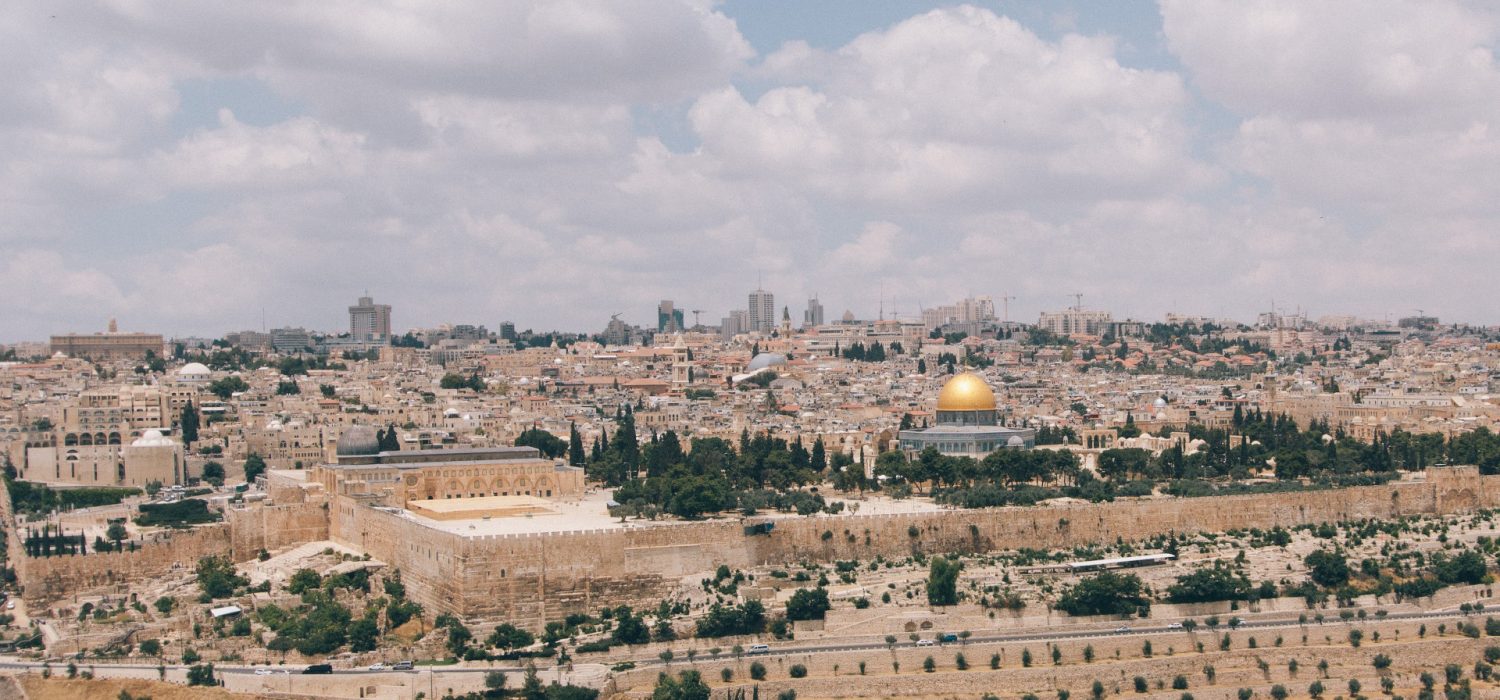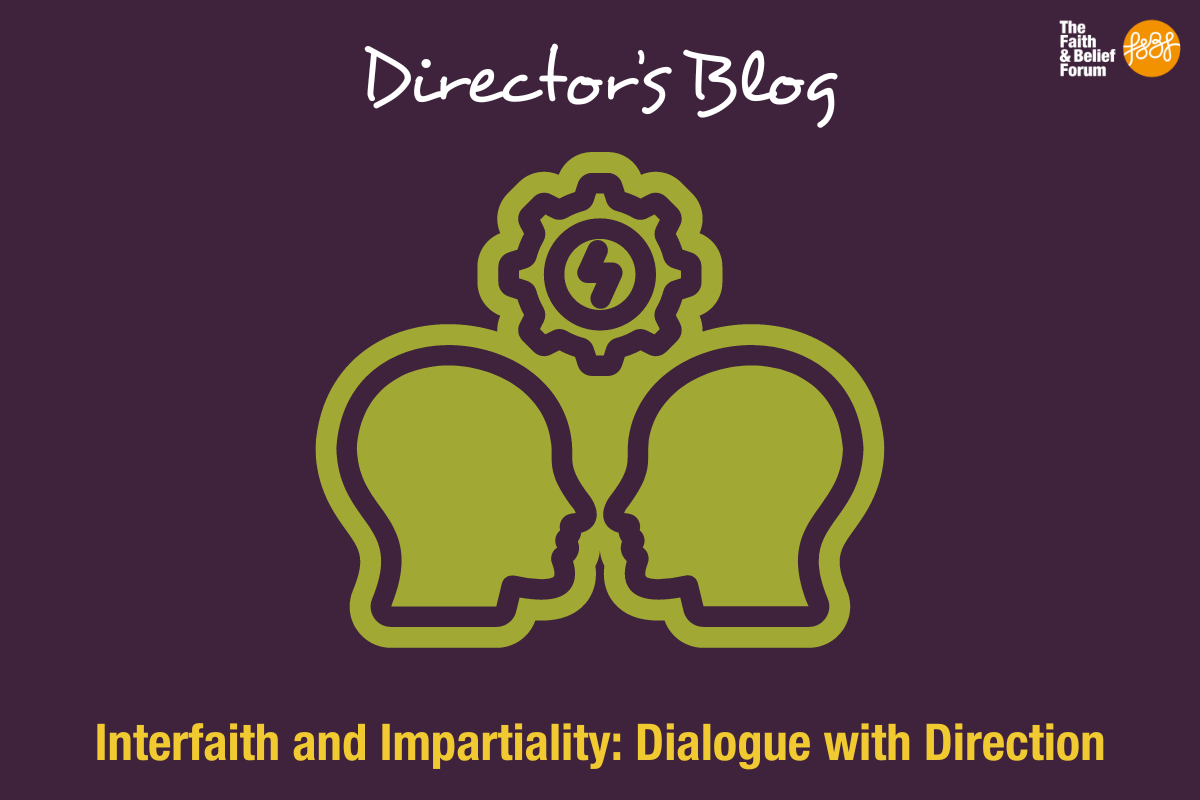
Challenging Faith Based Hate: True Stories
16 / 02 / 24
Menu

30 / 07 / 19

By Phil Champain, Director of the Faith & Belief Forum
I recently had the privilege to join a study visit to the Holy Land organised by the Council of Christians and Jews (CCJ). The aim – to better understand the complexities and multiple ‘truths’ associated with this conflictual part of the world that is so significant for much of what we do. Four days in a place cannot promise a very deep dive into the complexities of dynamics between those who live there, especially a place as complex as this. Indeed, there is always the danger that such brief exposure will give a false sense of reality. The care with which this study visit was crafted however (a broad range of meetings with politicians, diplomats, journalists, novelists, NGO activists plus time to reflect), ensured that I for one came away with a greater understanding of the fears, anxieties, and hopes of the people and peoples of the region.
When it comes to hopes for an improvement in relations between Israelis and Palestinians, I have to say there was not a lot to hold onto. Conversations about the Oslo Accords were steeped in nostalgia, drawing us back to the days when peace seemed possible. More than two decades on, in the wake of the assassination of Yitshak Rabin and the violence of the second intifada, the political space for meaningful dialogue is narrow indeed, the peace process starved of oxygen. From the perspective of most Jewish Israelis, Israel’s security apparatus now provides the safety needs of its citizens. The political left, so effective in paving the way for the Oslo Accords, appears a spent force.
Frustrations amongst Palestinians on both sides of the green line are understandably close to the surface. Listening to the experiences of those who shared their stories of daily life as Palestinians in Bethlehem and Ramallah was heart-wrenching. It’s hard for some to distinguish police officer from soldier. Fear and lack of trust is common currency. Meeting his future wife at a checkpoint was a silver lining for one we spoke to, amidst the constant harassment and humiliation.
Hope did surface though. We heard from two young Israelis about their hopes and dreams. We also visited Roots – an NGO bringing together Jewish settlers and Arab neighbours to explore the idea of a shared future – and the Hand in Hand school where Jewish and Arab Israelis are taught together through both Arabic and Hebrew. These are examples of many civil society-led initiatives aimed at preparing the ground for a brighter future, including F&BF’s Healthcare project – we continue to engage health workers in 8 hospitals to support them in managing the needs of patients from different faith and cultural backgrounds, including Bedouin, Druze and Christian.
With track one negotiations arguably going nowhere these ‘bottom up’ projects carry the flame for a just, shared society where the peoples of the region can live together with respect and trust for each other. The idea of having a joint stake in a land so contested religiously, culturally and politically may seem farfetched in the collective consciousness. However, having joined the growing group of alumni from the CCJ study tour I regard it my responsibility, and that of F&BF, to remain hopeful – to find and support signs of hope. After all, this intractable conflict affects us all in some way or another.

16 / 02 / 24

15 / 02 / 24

16 / 01 / 24